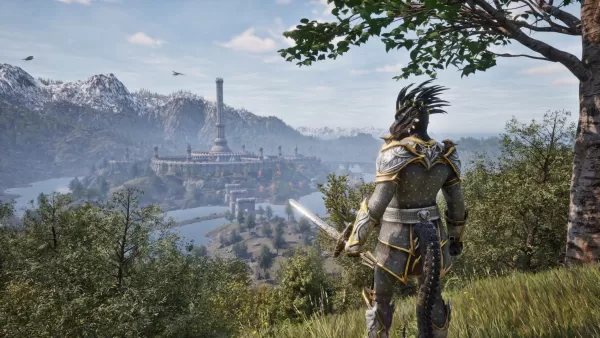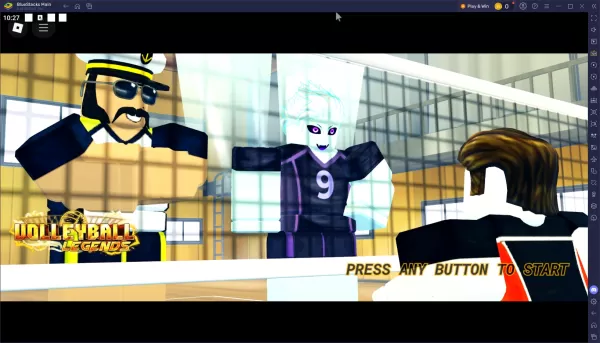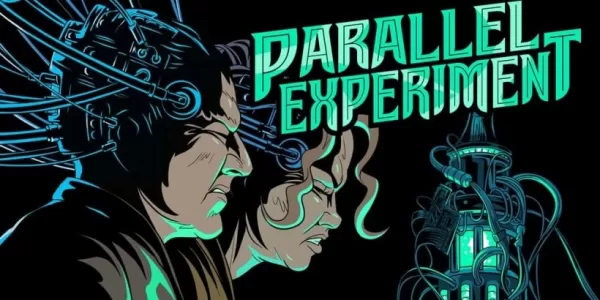By Azura, by Azura, by Azura – the rumors were true. Yesterday, Bethesda set the internet on fire by finally unveiling Virtuos’ remaster (or is it really a remake?) of The Elder Scrolls IV: Oblivion. An ‘Elder Scrolls Direct’ event culminated in the surprise shadow-drop, which almost instantly attracted hundreds of thousands of concurrent players. This moment of global excitement and celebration feels like a much-needed respite from the recent challenges Bethesda Game Studios has faced. From managing years-long damage control after the rocky launch of Fallout 76 to the lukewarm reception of its new sci-fi venture, Starfield, the studio's recent releases have left many fans questioning: Has Bethesda lost its magic? In a gaming landscape now fiercely contested by titles like Larian Studios' Baldur’s Gate 3 and Obsidian’s The Outer Worlds franchise, which have garnered acclaim as spiritual successors to Elder Scrolls and Fallout, Bethesda's upcoming projects like Elder Scrolls 6 and Fallout 5 are years away. Yet, this re-release of Oblivion might just be the step in the right direction – albeit not the one you might expect.
At its zenith, Bethesda Game Studios was an RPG powerhouse. In 2020, Microsoft’s leaked FTC documents revealed that Fallout 4 had sold 25 million units to date. According to VGChartz, the game sold over 5 million units within its first week. Similarly, in 2023, Todd Howard announced that Skyrim had surpassed 60 million sales, though its repeated rereleases likely contributed to this figure. How does Starfield compare? Estimates suggest it has sold just over three million units a year and a half after launch. While considering Game Pass subscribers (which boosts player numbers if not sales) and the absence of a PlayStation version, this still represents a significant shortfall for Bethesda. Even the dedicated Starfield community, though smaller than those of The Elder Scrolls or Fallout, has expressed dissatisfaction with the game’s first expansion, Shattered Space.
This leaves Bethesda with a significant challenge. With The Elder Scrolls 6 “years away” and Fallout 5 merely a distant rumor, how can this iconic RPG developer recapture its fanbase's hearts? The answer lies in revisiting its past glories.
Rumors about the Elder Scrolls IV: Oblivion remaster surfaced back in September 2023 when leaked Microsoft documents hinted at several unannounced Bethesda titles, including a remaster of the 2006 classic set in Tamriel. The buzz grew in January 2025 when a former Virtuos employee shared more details, sparking debates among fans akin to the Stormcloaks versus the Imperials. Finally, last week, the dam broke earlier than anticipated, igniting the internet – Google searches for ‘The Elder Scrolls IV: Oblivion’ soared to 6.4 million, a 713% increase in the last week alone. At its peak, Bethesda’s reveal livestream drew over half a million viewers. Despite the leaks, or perhaps because of them, over 600,000 tuned in to witness the re-reveal of a 19-year-old game. The immense demand to play the remaster overwhelmed discount game key websites like CDKeys, causing them to crash, while slowing down Fanatical and Green Man Gaming. As of yesterday, Oblivion on Steam boasted 125,000 concurrent players and secured the #1 spot on the bestseller list. The fervor for Oblivion among Bethesda fans burns as brightly as the flames from the Oblivion gates themselves.
The answer to re-engaging fans lies in Bethesda's storied past. “The message from players is clear: if you (re)build it, they will come.” What better way to keep fans engaged and invested during these long development cycles than to invite them back to the mysterious isles of Morrowind or the post-apocalyptic landscapes of the East Coast? Commercially, it's a strategic move. While Bethesda’s main development team works on long-term projects, partners like Virtuos can leverage historical blueprints to craft remasters more quickly. These remasters tap into existing fan bases and introduce new generations to the enchanting worlds of Tamriel or the gritty realities of the Fallout universe.
Bethesda has successfully revitalized its catalog before. During the first season of the Fallout TV show on Prime Video, Fallout 4 was discounted by up to 75%, accompanied by a timely next-gen update that included homages to the show. This resulted in a staggering 7,500% sales increase in Europe, despite the game being nearly a decade old.
 Oblivion Remastered offers a journey to the past that looks towards the future. Image credit: Bethesda / Virtuos
Oblivion Remastered offers a journey to the past that looks towards the future. Image credit: Bethesda / Virtuos
Looking back at Microsoft’s leaked Bethesda roadmap, many noted a planned Fallout 3 remaster following Oblivion two years later. Although the original timelines have shifted – Oblivion was initially slated for fiscal year 2022 – if the original intervals hold, a Fallout 3 remake could be expected in 2026, conveniently aligning with Fallout Season 2. Given the success of the first season's synergy with Fallout 4, could Bethesda be planning an even more strategic move with a New Vegas remake for the show's second season, which focuses on New Vegas? After shadow-dropping Oblivion, it's not far-fetched to imagine a New Vegas Remastered trailer awaiting us at the end of Fallout Season 2's finale.
The message from players is clear: if you (re)build it, they will come. However, if there’s one game in Bethesda’s back catalog that truly deserves a remake, it's The Elder Scrolls III: Morrowind. Many fans have passionately advocated for this, with some even remaking Morrowind using Skyrim’s tools, creating projects like Skyblivion. Yet, Morrowind poses unique challenges for a remake. It straddles the line between Bethesda’s earlier and later styles – it's built differently from what we now recognize as an Elder Scrolls game. It features partial voice acting, text-driven narratives, no quest markers (requiring players to jot down NPC directions), and lacks combat physics. While Virtuos successfully updated some of Oblivion’s systems, Morrowind itself is a complex system. Its charm lies in its intricacies, but these same intricacies make it challenging to modernize. A Morrowind remake walks a fine line: too much modernization risks losing its original essence, while retaining too many outdated mechanics could result in a disappointing experience akin to a severe skooma hangover.
When a studio becomes the icon of a gaming sub-genre, the challenge is to innovate while retaining its audience. Rockstar Games has managed this with Grand Theft Auto through the expansive world of GTA Online, fueling the massive budget for GTA 6. Bethesda’s core strength lies in its detailed, expansive single-player worlds, unlike Elder Scrolls Online and Fallout 76. The overwhelming response to the Oblivion remaster indicates that gamers are eager to revisit Bethesda’s classic titles. Not every remaster guarantees success – the GTA Definitive Editions serve as a cautionary tale – but what better way for Bethesda, once the king of modern RPGs, to regain its footing than by breathing new life into its beloved classics?

 Oblivion Remastered offers a journey to the past that looks towards the future. Image credit: Bethesda / Virtuos
Oblivion Remastered offers a journey to the past that looks towards the future. Image credit: Bethesda / Virtuos LATEST ARTICLES
LATEST ARTICLES 












